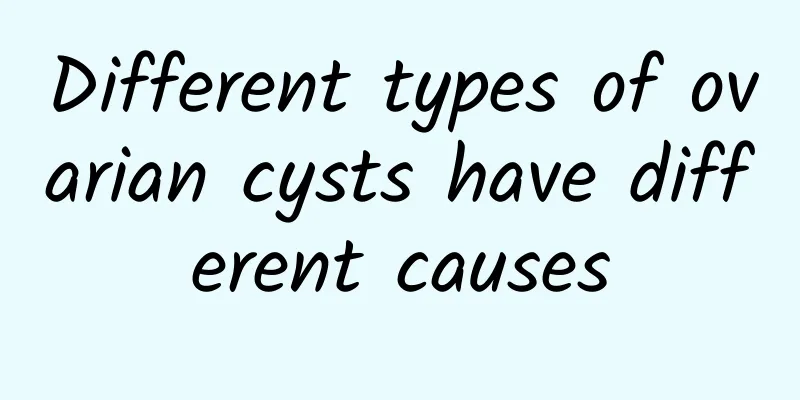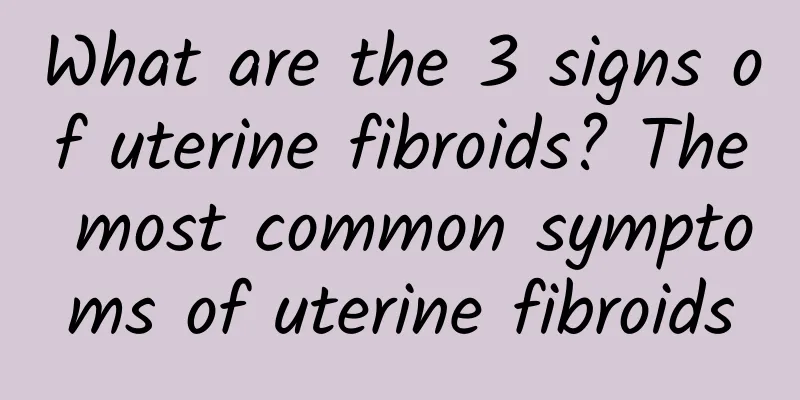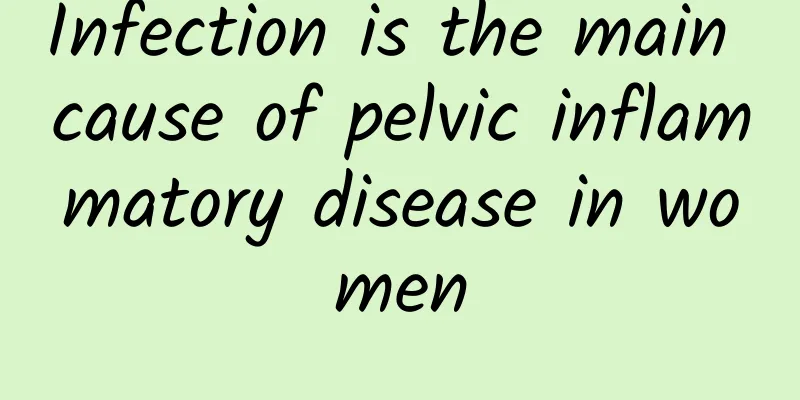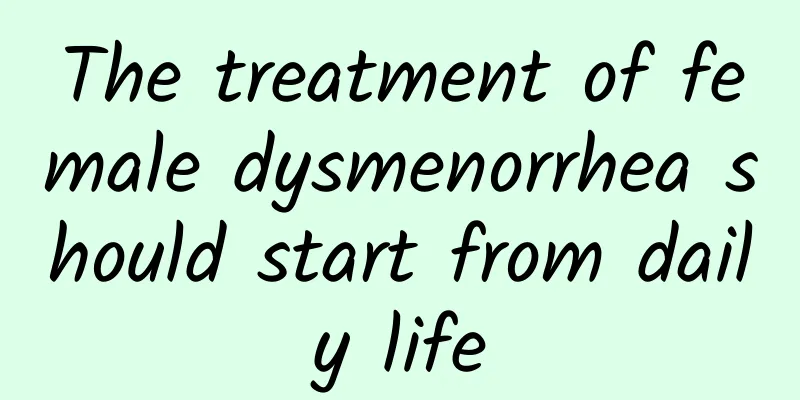Different types of ovarian cysts have different causes

|
Ovarian cysts mostly occur in female patients aged 20 to 50 years old, and the following four types are common clinically. 1. Hemorrhagic cyst Hemorrhagic cysts are mainly caused by the excessive growth of follicular cysts or corpus luteum cysts, which cause the ovaries to rupture and bleed due to tissue traction. The blood cannot be discharged normally and accumulates in the ovaries, forming hemorrhagic cysts. Generally, this cyst will disappear on its own, but it takes a long time. If the patient's physical discomfort is more obvious, medication can be taken to relieve the symptoms. 2. Functional cysts Functional cysts mostly occur in women of childbearing age during the ovulation cycle. They are mainly caused by the accumulation of abnormal amounts of fluid in the follicles or corpus luteum. They generally do not require treatment and will disappear on their own within 3 months. 3. Chocolate Cyst Chocolate cyst, also known as endometrioma, mainly refers to the formation of a large amount of viscous coffee-colored liquid in the ovaries due to endometriosis, which is like chocolate. As the tumor gradually grows, it erodes normal tissue and causes irreversible damage to the ovarian tissue. 4. Teratoma Teratoma is a special type of ovarian cyst. The tumor will produce hair, teeth and some oily substances in the ovary. It may be caused by lesions in cell differentiation during embryonic development. It should be removed and treated as soon as possible. Otherwise, it is easy to cause serious consequences such as tumor growth or ovarian torsion. |
<<: Reasons why cervical erosion is difficult to cure
>>: Regular exercise can effectively improve menstrual irregularities in women
Recommend
What are the dangers of cervical hypertrophy?
Cervical hypertrophy, as a common condition of ch...
Will irregular menstruation cause infertility? Are there any dangers of irregular menstruation for women aged 20-50?
If menstruation is always "late or early&quo...
What are the symptoms of mild cervical erosion?
What are the symptoms of mild cervical erosion? 1...
What should I eat if I have abnormal leucorrhea? What are the dietary taboos for patients with abnormal leucorrhea?
For female friends, the most fearful thing is to ...
Don’t want to go out to fight against influenza and Wuhan pneumonia? Dong: Moderate-intensity exercise can improve immune function
Now is the period of epidemic prevention against ...
Can running on an empty stomach help you lose weight? Doctor: I’m afraid it won’t work.
If you are an experienced weight loser, you may h...
What is the treatment for adnexitis?
Adnexitis is a common gynecological disease that ...
What is pseudocervical erosion? Does pseudocervical erosion need treatment?
In life, many women do not realize that there is ...
Jogging for weight loss is super "cool"! Here are 4 good reasons for you
Whether it is ball games, mountain climbing, swim...
Experts explain the causes of cervicitis
If you have cervicitis, you should actively treat...
Which one causes the least harm, artificial abortion or medical abortion?
Which one causes the least harm, surgical abortio...
Eating the right breakfast speeds up metabolism and helps lose weight! Research: 6 small ways to help burn calories
Breakfast is the source of energy to start the da...
What should I pay attention to when eating if I am born without vagina?
What should people with congenital absence of vag...
What is the cause of habitual miscarriage? Pay attention to these 7 problems
There are many reasons for habitual miscarriage, ...
Can you lose weight by eating according to your blood type? No scientific evidence
Are you type A, B, O or AB? Many people believe t...









